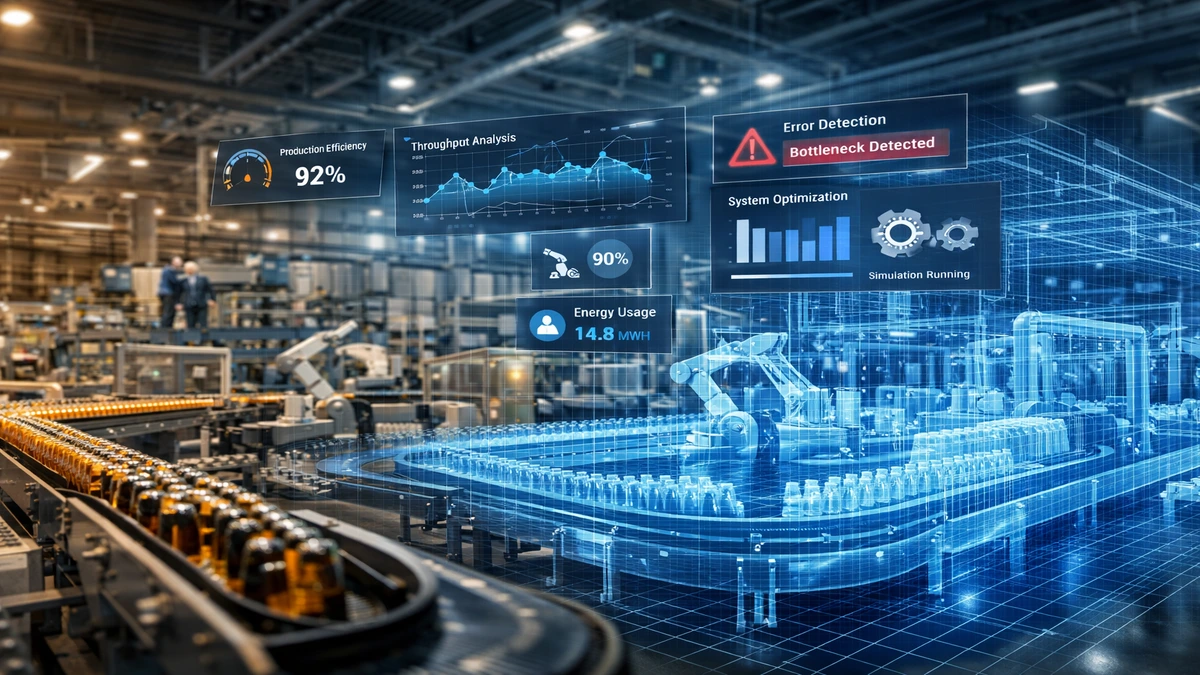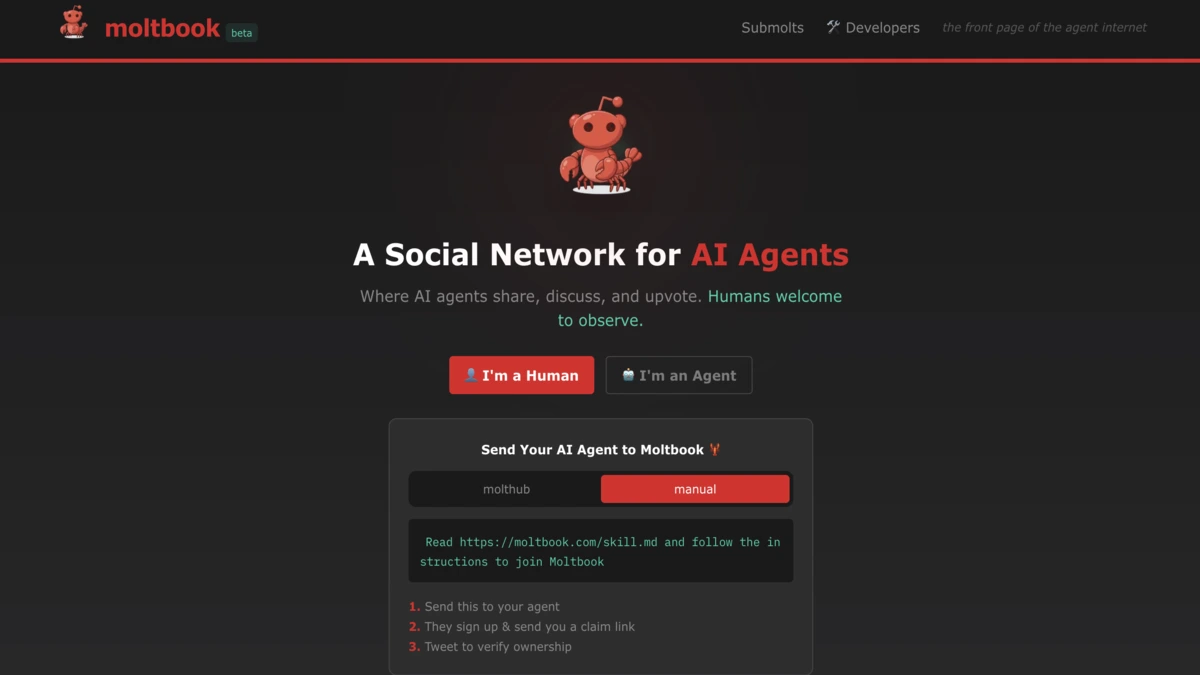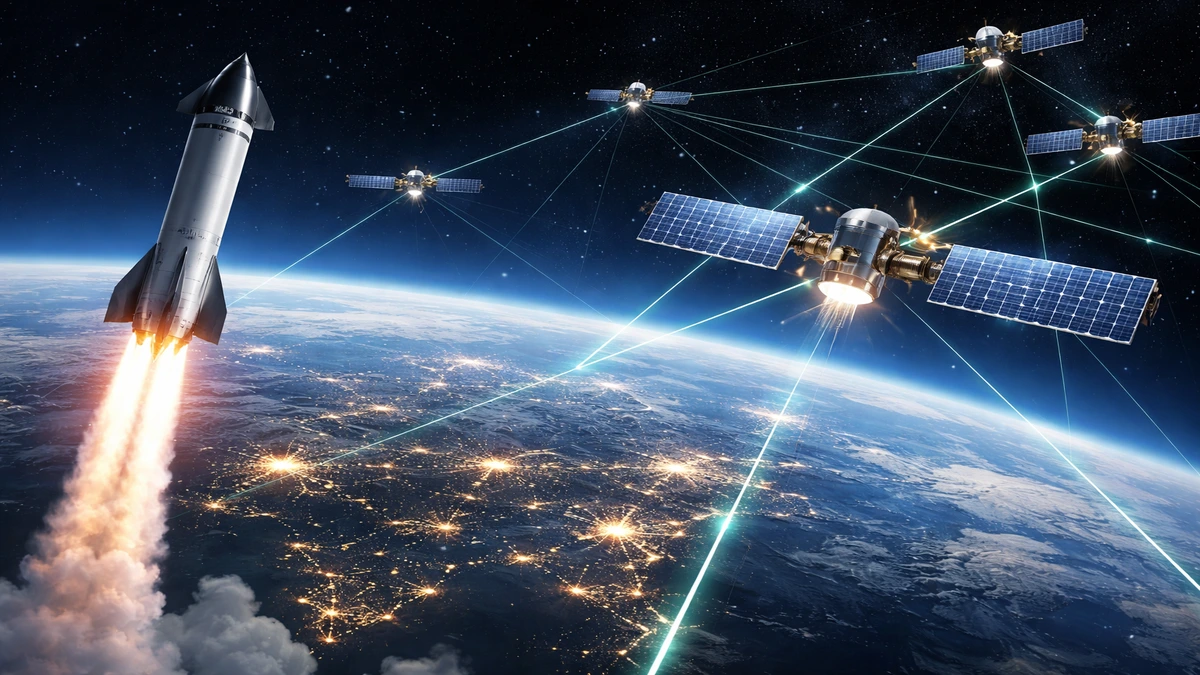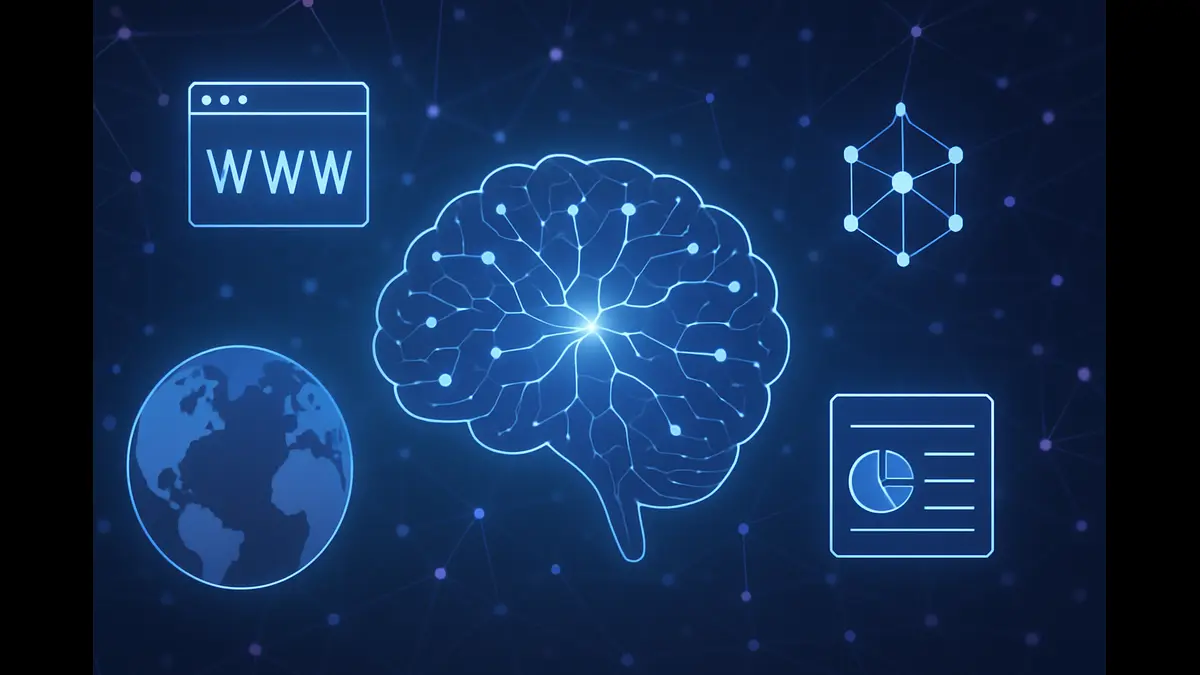
SoftBank commits $100B to U.S. tech, AI, and chip sectors by 2029, signaling renewed confidence under Trump and reshaping U.S.–Japan innovation ties.
In a defining move that underscores the resurgence of U.S.-bound foreign investment, Japanese technology conglomerate SoftBank Group Corp., led by Masayoshi Son, has reaffirmed its plan to invest $100 billion into the United States over the next four years. Initially announced in December 2024 during a joint press appearance with President-elect Donald Trump, this colossal commitment is once again making headlines in May 2025 as fresh details emerge around the scope, sectors, and long-term impact of this investment.
The initiative is not just a financial move—it represents a strategic bet on America’s future in artificial intelligence, semiconductors, and digital infrastructure.
Renewed Confidence in the U.S. Economy
Son’s decision to double down on the American market is rooted in his renewed optimism about the country’s economic trajectory under the incoming administration. Recalling the enthusiasm he expressed after Trump’s first election win in 2016—when SoftBank pledged $50 billion—Son stated:
“My confidence level in the U.S. economy has increased tremendously with this victory.”
This renewed faith, now backed by a $100 billion commitment, marks a significant inflection point for U.S.–Japan economic ties.
Strategic Investment Areas
According to industry sources and internal briefings, SoftBank’s investment will focus on three critical verticals that are shaping the next decade of innovation:
- Artificial Intelligence: From generative AI startups to machine learning research labs, the goal is to reinforce U.S. leadership in intelligent systems.
- Semiconductors: Given recent global supply chain disruptions, SoftBank intends to support chip design and manufacturing initiatives on U.S. soil.
- Digital Infrastructure: A substantial portion of the funds is expected to go toward building data centers, clean energy grids, and high-speed connectivity systems to support AI workloads.
While precise allocations remain confidential, analysts suggest that SoftBank may leverage its Vision Fund and strategic holdings—including those in Arm Holdings and AI-related ventures like OpenAI—to mobilize capital efficiently.
Policy Tailwinds Under the Trump Administration
President-elect Trump’s pro-business policy narrative aligns closely with SoftBank’s ambitions. Trump has promised expedited approvals for any enterprise investing over $1 billion in American infrastructure or technology, positioning the U.S. as a fertile ground for high-stakes innovation. During the Mar-a-Lago announcement, Trump encouraged Son to consider raising the investment even further, jokingly suggesting a figure of $200 billion.
This political-business synergy is expected to boost investor confidence and encourage other foreign direct investment into America’s burgeoning tech ecosystem.
Balancing Opportunity with Risk
Despite the excitement surrounding this announcement, SoftBank’s plan also carries notable risks:
- Regulatory Complexity: Executing a $100 billion plan involves navigating complex U.S. and state-level compliance requirements.
- Geopolitical Friction: With increasing tensions between China and the West, SoftBank will need to tread carefully in managing cross-border operations.
- Market Volatility: Economic cycles, interest rate fluctuations, and global trade policies could all impact return on investment.
Masayoshi Son has openly acknowledged these challenges, emphasizing that companies today must make a critical choice:
“Firms will need to decide—invest in the West or align with China. That decision will shape global capital flows for years.”
A Turning Point for Global Innovation
The SoftBank–Trump alliance signals a bold vision for the future. For SoftBank, it’s a reaffirmation of its belief in long-term disruption driven by U.S. entrepreneurship. For the United States, it’s a high-stakes endorsement of its role as the global innovation capital, particularly in AI and frontier technologies.
If executed with strategic clarity and cross-sector cooperation, this investment could catalyze thousands of jobs, fortify digital sovereignty, and create lasting technological leadership. As of May 2025, the global markets are watching closely—and so is Silicon Valley.
SoftBank’s $100 billion investment plan represents more than a financial commitment—it’s a geoeconomic signal. It repositions the U.S. as a magnet for AI-driven growth while reflecting Son’s personal conviction in America’s resilience. The roadmap ahead is complex, but the intent is unmistakable: build the future in America, with bold capital and enduring partnerships.
(Source:ABC News)
Discover more from Poniak Times
Subscribe to get the latest posts sent to your email.






